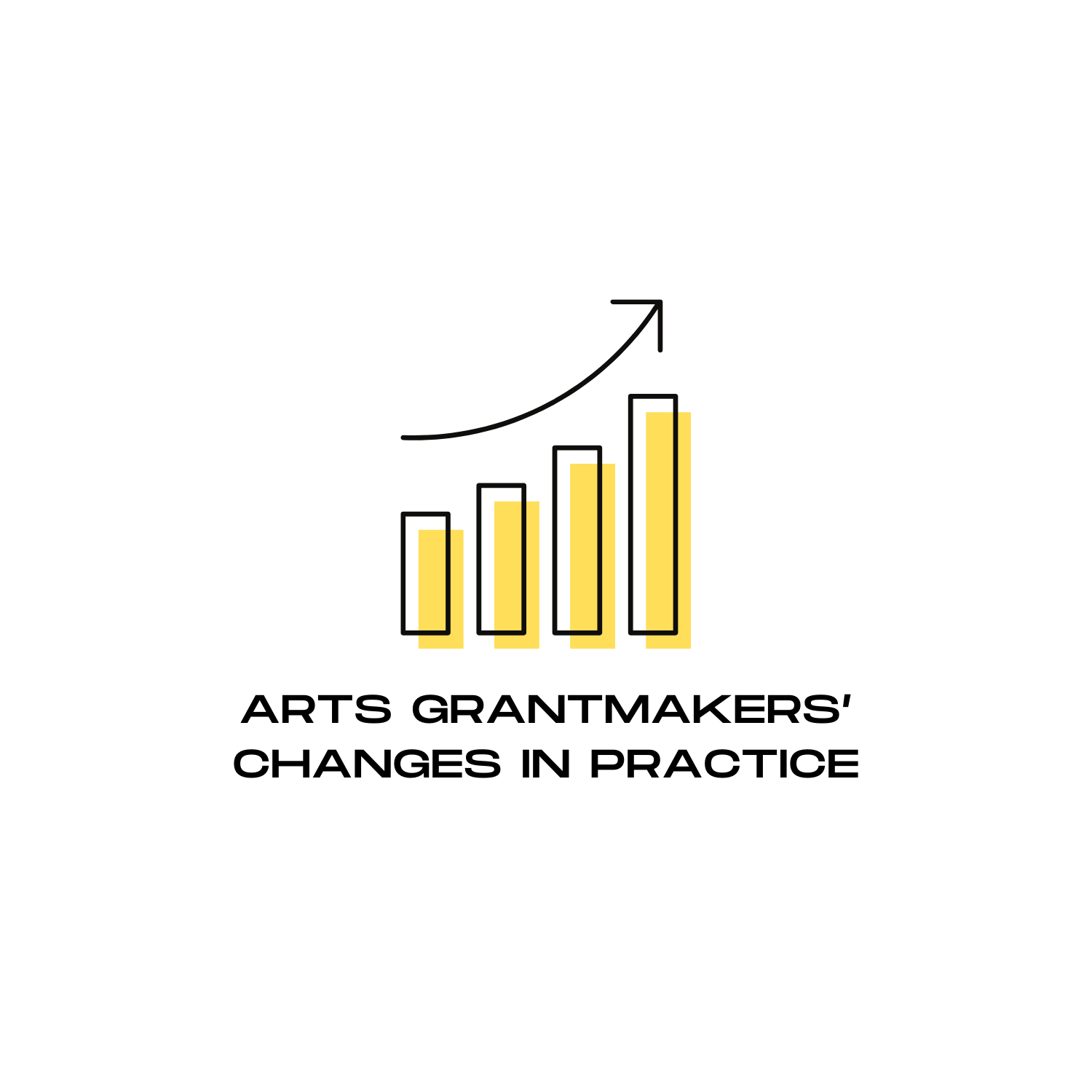"[Elizabeth] Alexander came to the organization with a specific mandate, she said, of 'sharpening the focus—doing all the work, every penny, through a social justice lens.' That meant asking what she called sharper questions," writes Maximilíano Durón in ArtNews' profile of Alexander's leadership at the helm of The Andrew W. Mellon Foundation since 2018. “What are the stories that we haven’t heard about? What are the cultural points of view that have not been centered? What are the units that have not been resourced or uplifted?”
Search
The GIA Library is an information hub that includes articles, research reports, and other materials covering a wide variety of topics relevant to the arts and arts funding. These resources are made available free to members and non-members of GIA. Users can search by keyword or browse by category for materials to use in research and self-directed learning. Current arts philanthropy news items are available separately in our news feed - News from the Field.
"Eighteen months after an unprecedented movement for racial justice, many organizations are feeling frustration and disappointment. What now?" writes Benjamin Abtan in the Stanford Social Innovation Review as 2021 comes to a close. Abtan continues, "In many of these cases, racial equity fatigue stems from the distance between the high hopes for change felt in 2020 and the current situation."
In a new report, "Creative Equity National Survey Culture: Race, Myth, Art = Justice," a project of Creative Justice Initiative, was designed in 2018 to address the racist, discriminatory, and unjust policies that continue to victimize disenfranchised communities.
This post is part of the series, Future of the Field: Cross-Sector Creative Placemaking Series.
“...the characters remain pointed toward the future, their pockets lined with fresh hope and an abiding faith in their own abilities and their own heroics.”

In late 2020, Grantmakers in the Arts shared findings from a survey of our members. The survey revealed that arts grantmakers were increasing their giving, flexibility, support for artists, and support for BIPOC organizations in response to the pandemic and movement for Black lives. This is the second part of the follow-up to that survey. Read the first part here.
Increased Support for Individual Artists
As was the case with increased support and flexibility, GIA’s survey respondents have increased their support for individual artists and cultural workers beyond their earlier projections.
Grantmakers for Effective Organizations recently released a publication that, as the website explains, "builds on the principles outlined in Strengthening Nonprofit Capacity and will take a critical look at the ways in which capacity-building practices can be grounded in approaches that acknowledge and center racial equity."
Two things jumped out at me the most from this workshop. The first was the set of sharp and wise recommendations for guiding organizational change and sectoral change during uncertain times from the ArtsEd Response Collective, which was convened by Ingenuity to address the immediate challenges of COVID-19 and the police murders of Black people. And the second was the deeper dive into dance as an educational tool uniquely well-suited for engaging children and youth around issues of anti-racism and racial justice.
The ARC Final Report presents a plethora of resources for arts educators and organizations, schools, and equity practitioners in adapting and innovating new strategies and best practices that are responsive to the challenges of remote learning and pandemic conditions. The report lifts up what I think is one of the most important principles for any sector during these times of rapid change and volatility—to commit to open source knowledge sharing and learning, which is part of recognizing that we must engage in building anew and that “experimentation is now a part of the new operating norms for every industry…in order to do important work in an uncertain landscape.”
How can mid-level leaders identify what is within their power to change when they don’t hold the top position? How can they develop their own management skills to lead with equity at the center?
The status quo in most institutions’ leadership and organizational development efforts is that all too often “executive coaching” is reserved for top leaders and periodic, one-off trainings for everyone else. This makes the coaching initiative being pioneered by NAS and Barr Foundation all the more visionary and cutting edge, with its focus on making coaching more broadly accessible and its strategic targeting of mid-level and emerging leaders within arts organizations.
November 2, 2021 – New York. Grantmakers in the Arts is pleased to announce that they have engaged Jen Cole & Estrella Esquilin of the National Collaborative for Creative Work at Arizona State University’s Herberger Institute for Design and the Arts in collaboration with Randy Engstrom of Third Way Creative, to co-create a Learning Lab series focused on advancing racial justice through intersectional cultural policy to be debuted in Winter/Spring 2022.
